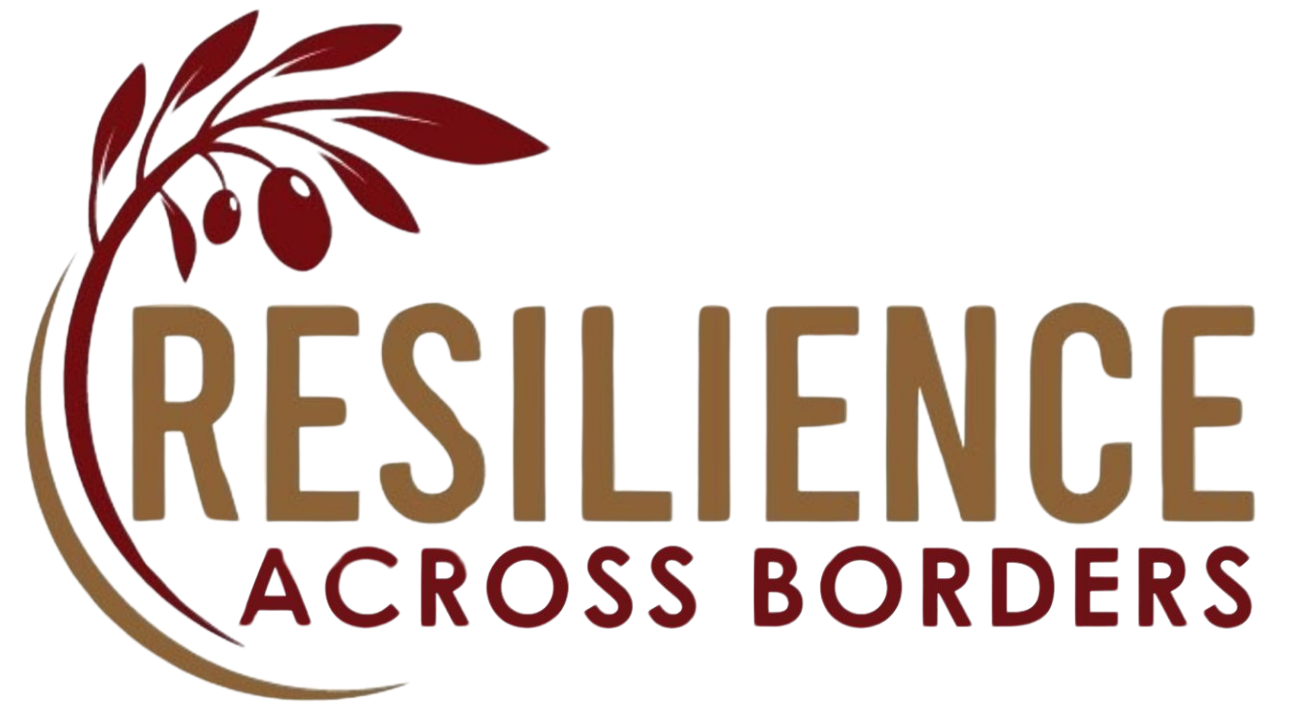
Hello and welcome to the Resilience Across Borders podcast!
The purpose of this podcast is to share all the learnings, best practices, and useful, and practical ideas to help you make sense of your life, so you can help others including younger generations make sense of their own. Life is full of ups and downs and so people have it tougher than others most of us have experienced traumatic events that were never properly processed nor healed and most of us are not aware of the triggers, the baggage, and the weight of overwhelming adversities that may have shaped our beliefs about ourselves, capacities, and outlook on life in general.
The goal is to keep it simple and practical in the end and distill it down to easily memorable executable steps to be mindful and to respond instead of react.
The dictionary defines resilience as the capacity to recover quickly from difficulties, toughness, or the ability of a substance or object to spring back into shape, in other words, elasticity.
Psychology Today defines it as “Resilience is the psychological quality that allows some people to be knocked down by the adversities of life and come back at least as strong as before.”
Amit Sood says, “It’s the ability, your ability to withstand adversity and bounce back and grow despite life’s downturns.” Amit Sood is the Executive Director of The Global Center for Resiliency and Well-Being.
The American Psychological Association says, “Resilience is the process and outcome of successfully adapting to difficult or challenging life experiences, especially through mental, emotional, and behavioral flexibility and adjustment to external and internal demands. A number of factors contribute to how well people adapt to adversities predominant among them, the ways in which individuals view and engage with the world, the availability and quality of social resources specific coping strategies. Psychological research demonstrates that the resources and skills associated with more positive adaptation ie greater resilience can be cultivated and practiced.
Maybe we can just say, it’s about keeping your shitake together and learning to get it back together when you lose it, which we all do, sometimes and some more often than others of course, so, I always remind myself to be aware, to be grateful, and to be kind. Resilience is made up of five pillars: Self-awareness, Mindfulness, Self-care, Positive relationships, and Purpose.
Dr. Ginsburg, a Child Pediatrician and Human Development Expert, actually proposes that there are seven integral and interrelated components that make up being resilient:
- Competence
- Confidence
- Connection
- Character
- Contribution
- Coping
- Control.
Regardless of which definition you prefer, ultimately, our ability to bounce back is important, our ability to make sense of what happened, or what happens to us, and to go from there, is very important.
So, the purpose of the podcast is to share my own experiences, and how I overcame any adversities before, and also bring in guests who have something to contribute to this topic about something of significance.
I hope you will enjoy this introduction and you will enjoy all the upcoming episodes.
Be kind and be well.
Listen on Apple Podcasts/ iTunes: Click here for Episode 1 – What is Resilience Across Borders, by Rachid Zahidi
Listen to Spotify: Click here for Episode 1 – What is Resilience Across Borders, by Rachid Zahidi

Leave a comment